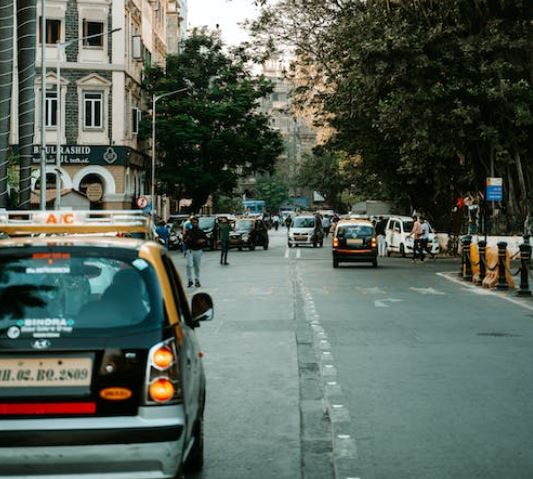
Things you need to know while importing a car in india
Importing a car in India. Intro
Importing a car in India can be a daunting task, as it involves navigating complex regulations and procedures.
However, it can also be a cost-effective option for those looking to own a specific car model not available in the local market.
This article will discuss the key things you need to know while importing a car in India, including the regulations and procedures, factors to consider, and potential risks and challenges.
Regulations and procedures
The first thing to consider while importing a car in India is the regulations and procedures.
The import policy for cars in India is governed by the Directorate General of Foreign Trade (DGFT), and eligibility criteria vary depending on the type and age of the car.
Before importing a car, it is essential to obtain necessary permits and documentation, such as an Importer-Exporter Code (IEC) and a Bill of Entry.
Import duties and taxes, including customs duty, IGST, and road tax, must also be paid.
Failure to comply with these regulations can result in hefty fines and legal consequences.
Cost-effectiveness of importing versus buying a car locally
The second factor to consider while importing a car in India is the cost-effectiveness of importing versus buying a car locally.
- While importing a car can be cheaper than purchasing a luxury car in India, it may not be cost-effective for mid-range cars due to high import duties and taxes.
- Additionally, availability and compatibility of spare parts and service centers should be taken into account. Imported cars may require specialized parts and maintenance, which can be expensive and difficult to find.
- Resale value and depreciation of imported cars should also be considered, as they may not hold their value as well as locally purchased cars.
Potential risks and challenges
The final thing to consider while importing a car in India is the potential risks and challenges.
- Customs clearance delays and bureaucratic hurdles can cause significant delays and additional costs.
- Hidden costs such as transportation and storage fees should also be taken into account.
- There is also a risk of fraud and scams while dealing with brokers and agents, who may charge exorbitant fees or provide false information.
- It is essential to conduct thorough research and work with reputable brokers and agents to minimize these risks.
Conclusion
Importing a car in India involves navigating complex regulations and procedures, considering cost-effectiveness and compatibility, and mitigating potential risks and challenges.
While it can be a cost-effective option for those looking to own a specific car model, it requires careful consideration and planning.
By understanding the regulations and procedures, conducting thorough research, and working with reputable brokers and agents, importing a car in India can be a successful venture.
Tips for Creating Compelling Product Descriptions




